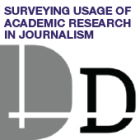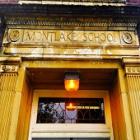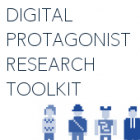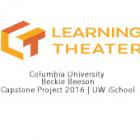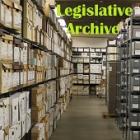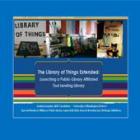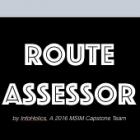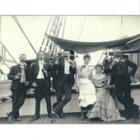
Stories of Korean Immigrants in Cuba: Organizing Digital Collection
During the Japanese occupation in the early 1900s, around 300 Koreans fled the homeland to Cuba to find a better life. Since 2015, University of Washington East Asia Library (EAL) has collected digital photographs of these Korean immigrants in Cuba. The library needed metadata for this collection and was hoping to develop a research guide on these immigrants. To meet these needs, I organized the collection and created metadata for each photograph. In addition, I researched resources on these immigrants and organized them by the media type. To maintain continuity for future projects, all the processes and rules were documented as well. This Capstone project shed light on the lives of the earlier generations of Korean immigrants in Cuba and their family gatherings. EAL webpage now provides online access to the digital photograph collection and a list of research resources regarding these immigrants.

